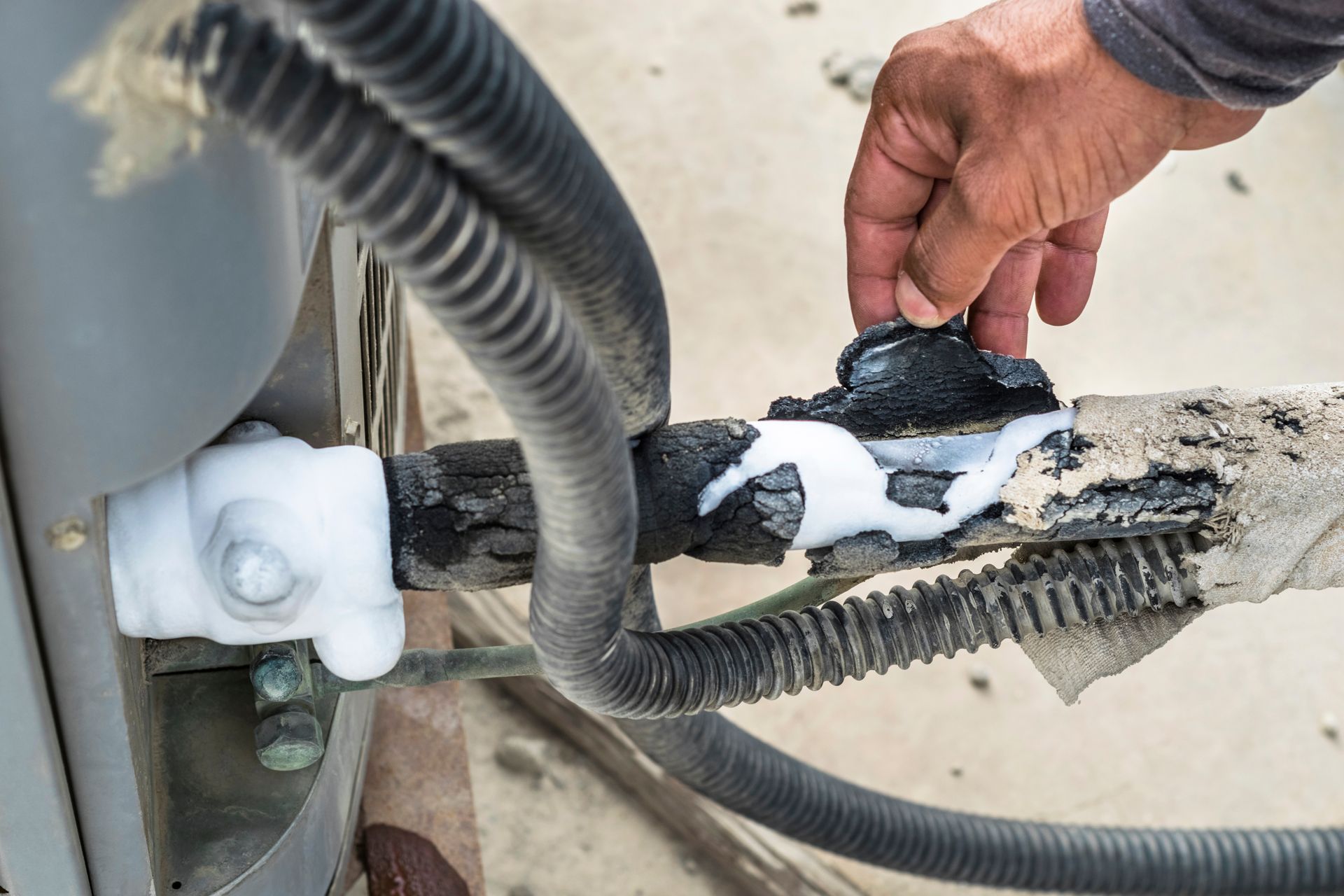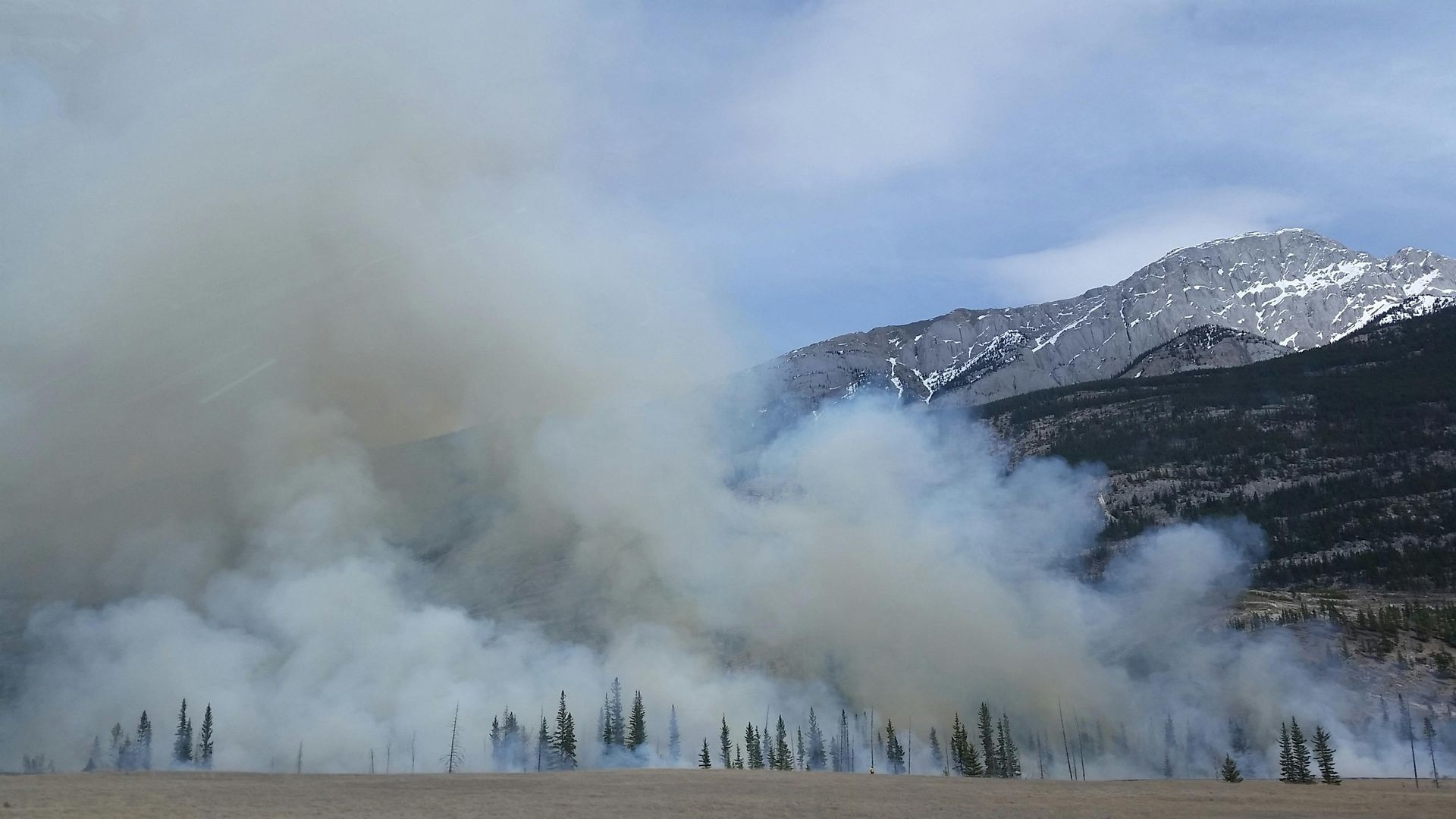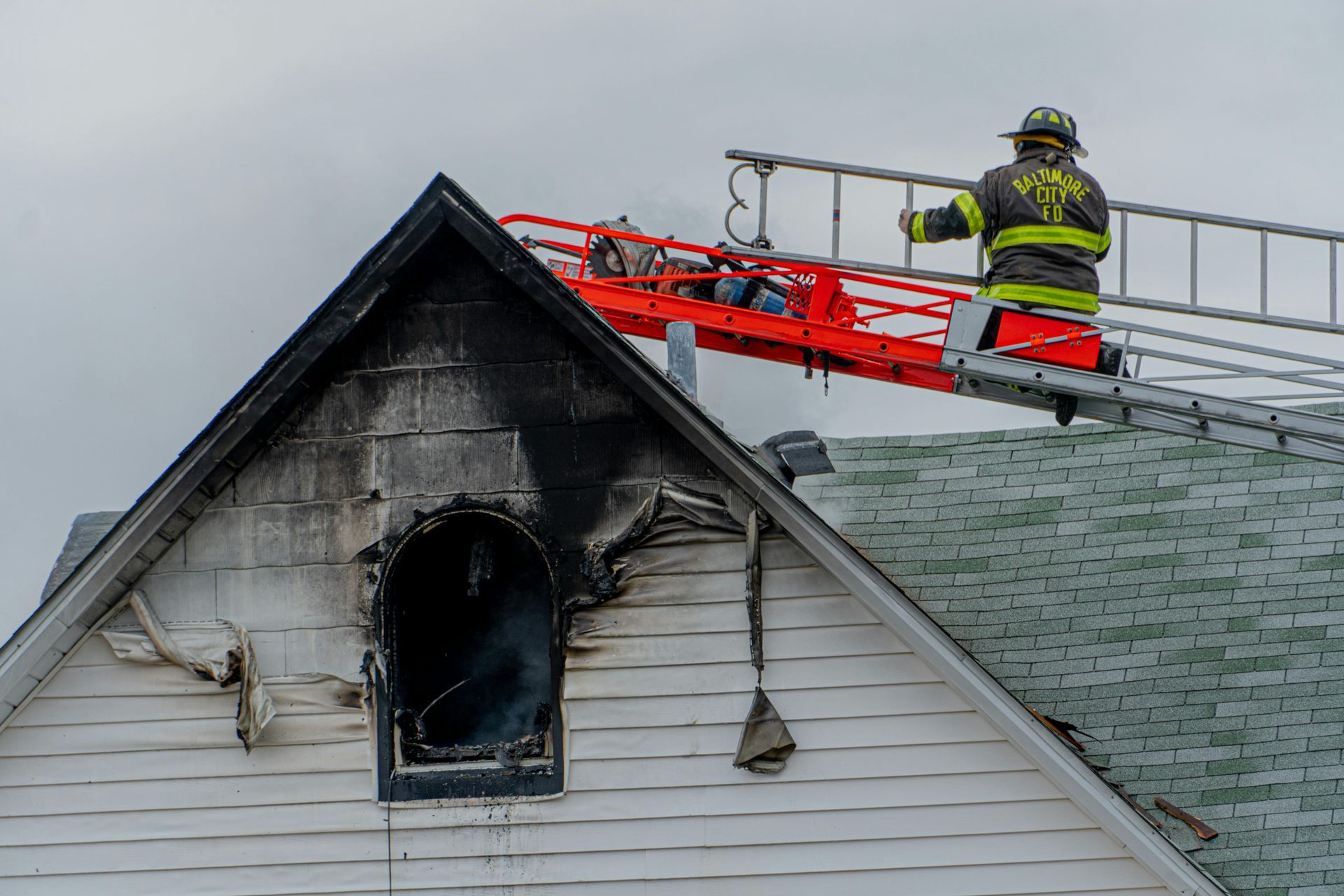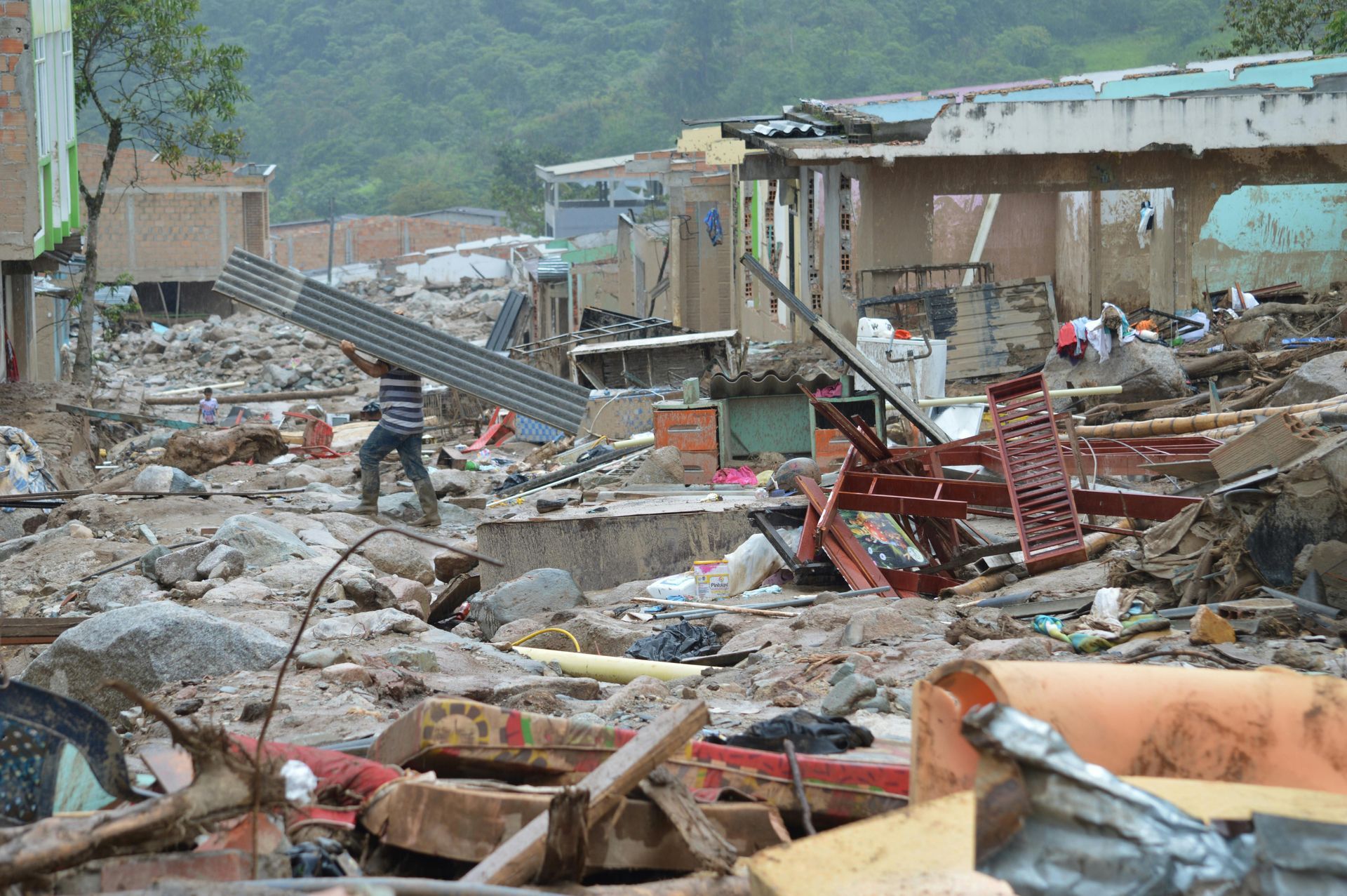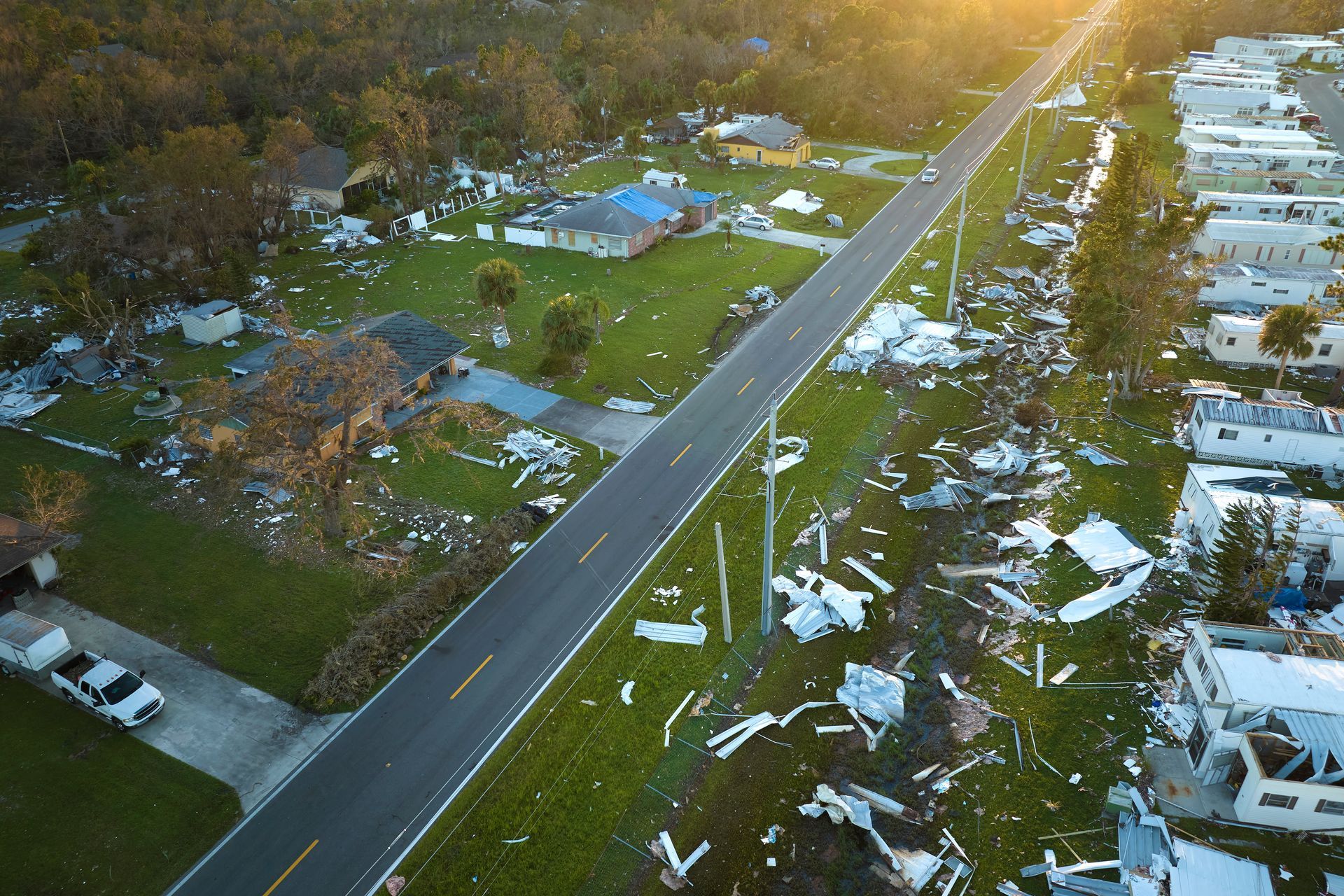What Should I Do if My Pipes Burst During a Winter Freeze?
Dealing with
burst pipe insurance issues during a winter freeze can feel like a nightmare, but it doesn’t have to be! Whether battling sub-zero temperatures or dealing with the aftermath of frozen pipes, we’ve got you covered with a step-by-step guide. This post is packed with practical tips and insights to help navigate this icy dilemma.
What Happens When Pipes Burst in Winter? (And Why You Shouldn't Panic)
So, what exactly happens when pipes burst during a winter freeze? Let’s break it down. As temperatures plummet, the water inside pipes can freeze. Since water expands as it turns to ice, this buildup of pressure causes the pipe to burst. This can lead to flooding, structural damage, and the need for an insurance claim. Seeking Insurance Claim Assistance can help homeowners navigate the process smoothly and ensure they receive fair compensation.
But don’t panic. While it’s stressful, taking quick action can minimize the damage. Knowing what to do right after the burst is crucial, and that’s where we’ll begin.
Here’s why pipes burst:
- Water expansion: When water freezes, it expands, putting enormous pressure on the pipe walls.
- Weak points: Older pipes or those made of less durable materials are more likely to fail when stressed.
- Unprotected areas: Pipes in poorly insulated spaces, like basements or attics, are more vulnerable.
By understanding these factors, you’re already one step ahead. Now, let's dive into the immediate actions you should take.
First Steps to Take When Your Pipes Burst: Quick Actions to Minimize Damage
When a pipe bursts, time is of the essence. A few simple steps can help reduce water damage insurance claims and protect your home:
- Shut off the main water supply: Locate your home’s main water valve and turn it off immediately. This prevents more water from flowing through the broken pipe.
- Turn off electricity if needed: If the burst pipe is near electrical outlets or appliances, it’s essential to cut the power to avoid shocks or electrical fires.
- Drain the water system: Open your faucets and flush your toilets. This will help empty any remaining water in the pipes, reducing the risk of further bursts.
- Capture the water: Use towels, buckets, and even mops to contain the water flow. While it won’t stop the damage entirely, it can prevent the spread of water into other rooms.
- Call a plumber: A professional plumber can fix the pipe and prevent future issues. Make this call early to minimize your home’s exposure to more damage.
These quick actions can save you a lot of headaches (and dollars!) in repairs. Once the initial damage is under control, it’s time to assess the long-term effects.
Assessing Water Damage: How to Evaluate the Extent of the Problem
After the flood subsides, assessing the damage is essential. Unfortunately, flood damage claims often go beyond just a puddle in the living room. Here’s what to check:
- Walls and flooring: Water can seep into drywall and wood, which can lead to long-term issues like mold growth or structural damage.
- Furniture and personal items: Check your furniture, rugs, and personal items for water damage. Some things might be salvageable with quick action.
- Electrical systems: If water has come into contact with electrical systems, outlets, or appliances, don’t attempt repairs on your own. Call a licensed electrician to inspect the damage.
Pro tip:
Take photos of all damage before any repairs. Proper documentation is crucial when filing a leaking roof insurance claim.
Preventing Future Burst Pipes: Winterization Tips for Your Home
The best way to handle a burst pipe is to prevent it from happening. Winterizing your home can help avoid winter weather property damage. Here are some effective strategies:
- Insulate your pipes: Foam pipe insulation is cheap and effective. Focus on pipes in unheated areas like attics, basements, and crawl spaces.
- Keep your thermostat at a consistent temperature: Set your thermostat no lower than 55°F, even when you're away from home.
- Let faucets drip: During extreme cold, let cold water drip from faucets served by exposed pipes. A small trickle can help prevent freezing.
- Seal leaks: Look for cracks or openings around your home’s windows and doors. Cold air seeping in can freeze nearby pipes.
- Open cabinet doors: For pipes located under sinks, especially those along exterior walls, open the cabinets to allow warmer air to circulate.
Taking these steps can save you from costly
snow damage claims in the future. Winterizing might feel like a chore now, but trust us—it’s much easier than cleaning up a flooded kitchen!
Insurance and Burst Pipes: Will Your Homeowners Insurance Cover the Damage?
Now that the damage is done, you may be wondering: Will insurance cover this? The answer depends on your policy. Most water damage insurance policies cover burst pipes unless neglect is involved.
Most standard homeowners insurance policies do cover damage from burst pipes, as long as it wasn’t due to neglect. For example, if you failed to heat your home properly or didn’t take preventive measures, you could be on the hook for the repairs.
What your insurance typically covers:
- Water damage: Repairs to walls, flooring, and personal property damaged by the burst.
- Plumbing repairs: Fixing the broken pipe itself.
- Additional living expenses: If you need to stay somewhere else while your home is being repaired, your policy might cover hotel costs.
What might not be covered:
- Neglect: If the insurance company finds that you ignored a known issue or failed to maintain your home properly, they could deny your claim.
- Slow leaks: Some insurance policies don’t cover damage caused by slow leaks, so it’s important to address minor drips before they become major disasters.
Before filing a
winter roof damage claim, review your policy, document everything, and contact your provider.
Contact Nuclaim, Inc. for Professional Winter Weather Damage Claims Assistance in Houston, TX
Dealing with a burst pipe can be overwhelming, and handling water damage insurance claims adds another layer of stress. That’s where Nuclaim, Inc. Public Adjusters come in. Our experts help navigate the claims process, ensuring fair and efficient handling.
Whether facing burst pipes from a winter freeze or other weather-related damage, we’ve got your back. Don’t struggle with insurance paperwork alone—let us take care of it. We specialize in helping homeowners maximize their burst pipe insurance claim settlements.
Contact Nuclaim, Inc. Public Adjusters at
713-999-2529 for professional
winter weather damage claims assistance in Houston, TX, and the surrounding areas. We also offer claims assistance for hurricanes, tornadoes, storms, and denied home insurance claims. Don’t wait—let us take the stress out of the claims process so you can focus on restoring your home.
FAQ
What causes pipes to burst during winter?
Water expands as it freezes, and this creates pressure inside the pipes. If the pressure gets too high, the pipe can burst, leading to significant water damage.
How can I prevent my pipes from freezing?
Insulate exposed pipes, keep your thermostat above 55°F, let faucets drip during cold weather, and open cabinets to let warm air circulate around pipes.
Will homeowners insurance cover the damage from burst pipes?
Most homeowners insurance policies cover damage from burst pipes, as long as it wasn't due to neglect or improper maintenance.
Should I turn off the water if a pipe bursts?
Yes, immediately shut off the main water supply to prevent more water from flowing into the home.
How do I know if my pipes are frozen?
Common signs include little to no water coming from faucets, strange noises from the plumbing, or visible frost on exposed pipes.


